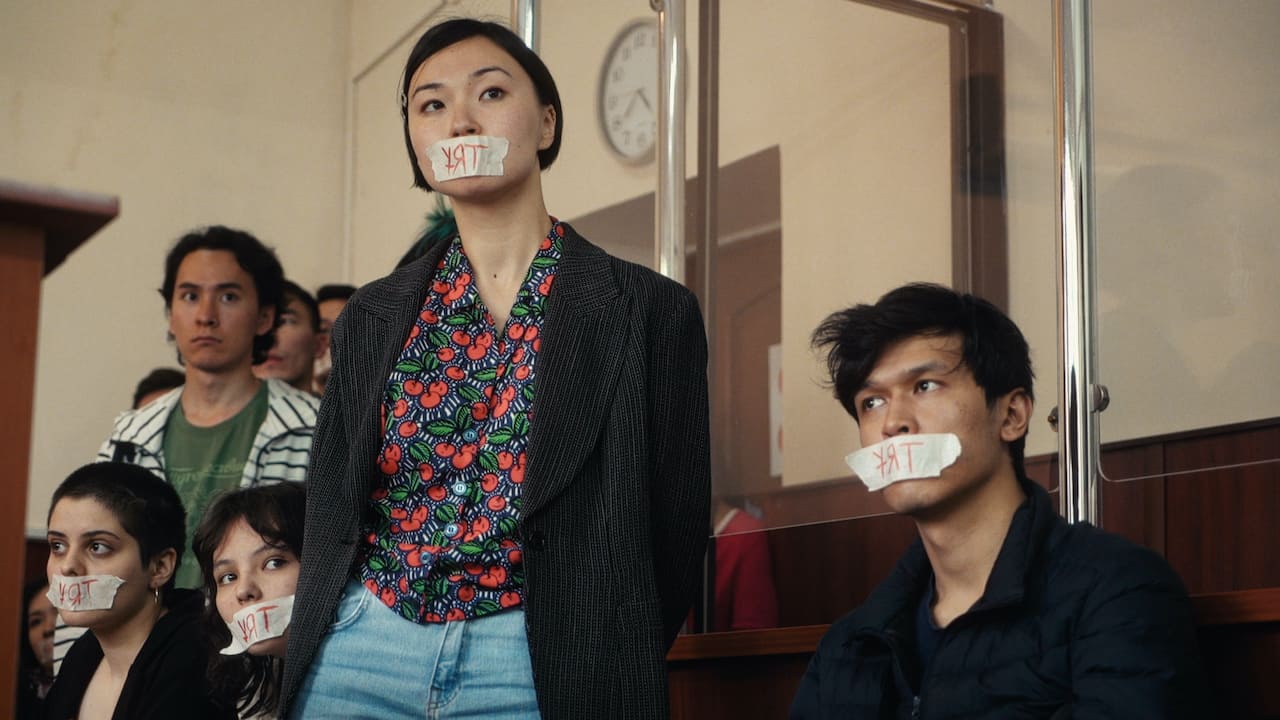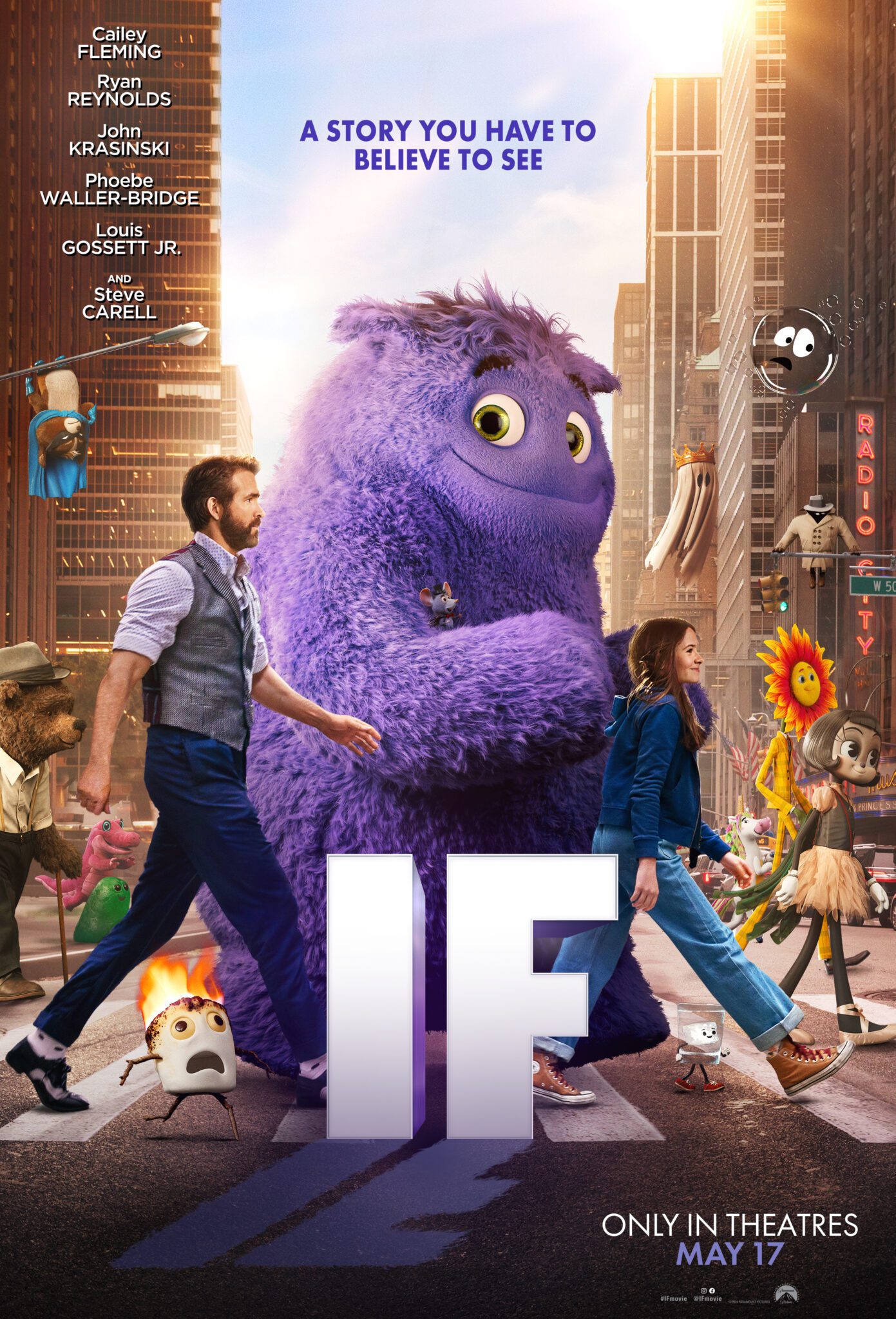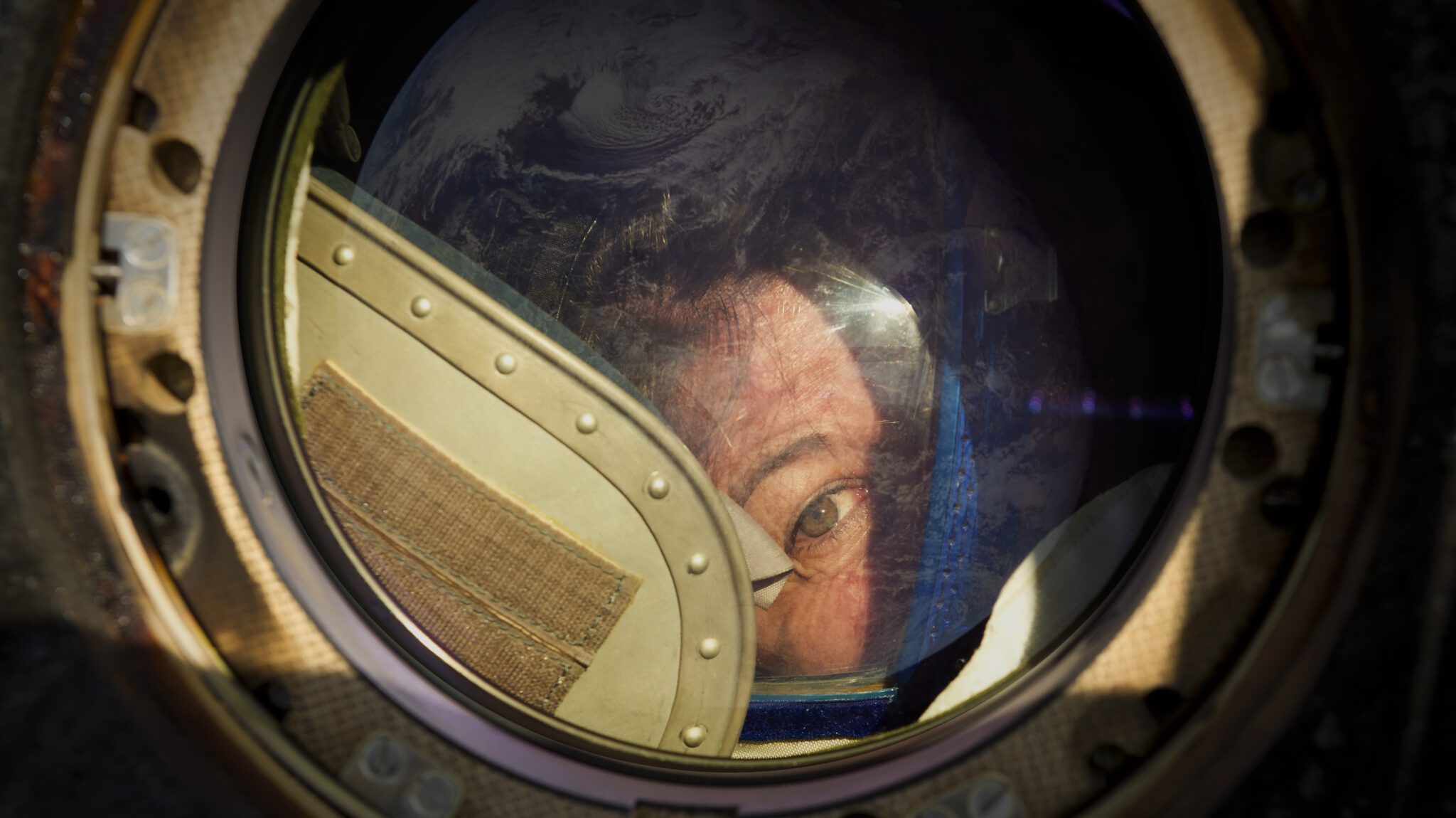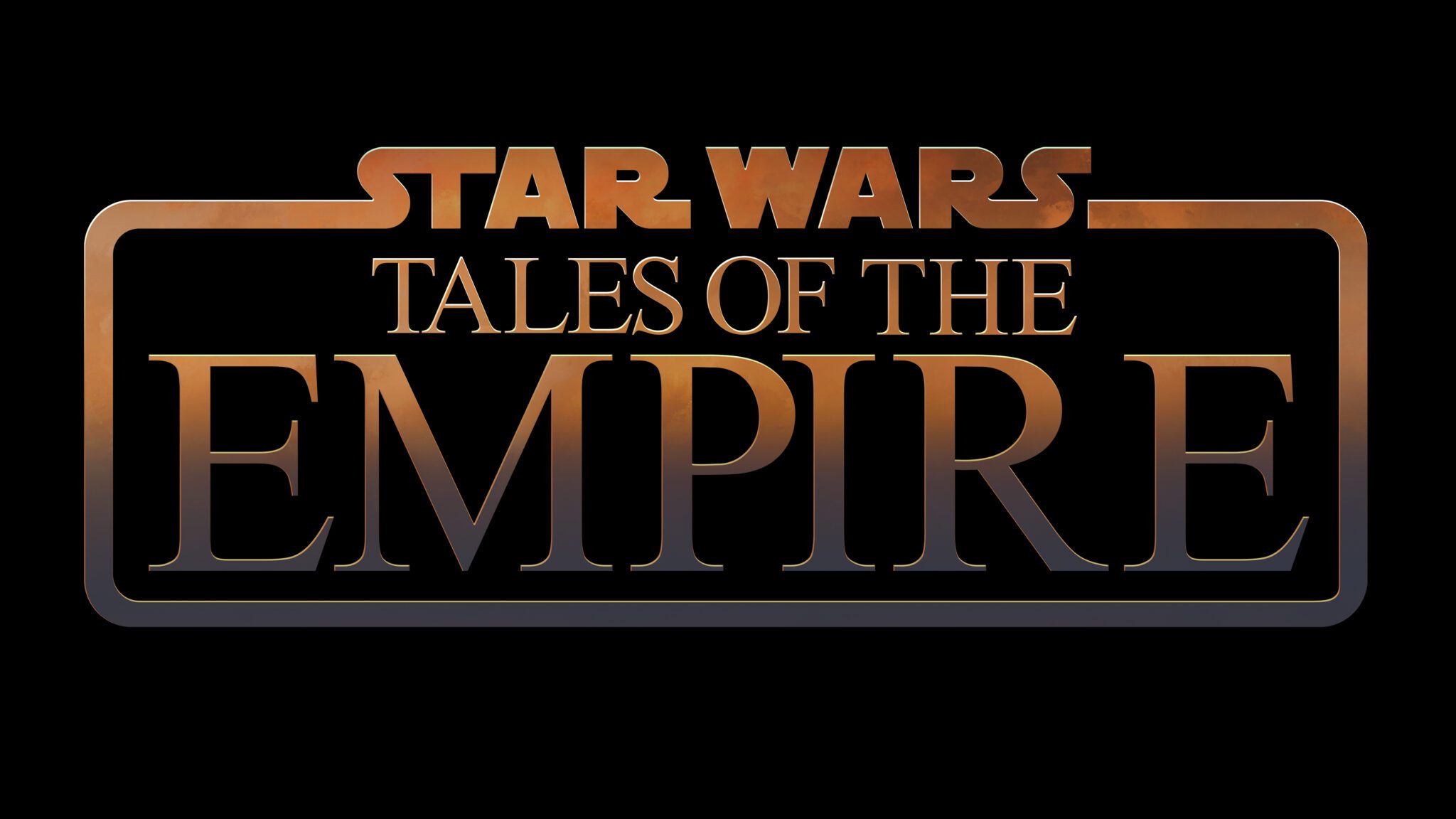All hail Clarence, breaker of rules.
Set during the 1st Century, The Book of Clarence tells the story of Clarence (LaKeith Stanfield), a man struggling to make it through the day. He believes that he’s not a nobody—but the world around him feels different. In debt to a local crime boss, Clarence wants to find a better life so that he can impress the woman he loves. But when his twin brother, Thomas (also Stanfield) arrives as a disciple of Jesus, Clarence becomes jealous of his fame and decides to take matters into his own hands. After all, if one person who claims to be Messiah can make some extra cash, why can’t a second person carve the same path? But, as Clarence’s con spins out of control, he must confront his own heart to see what he truly believes.
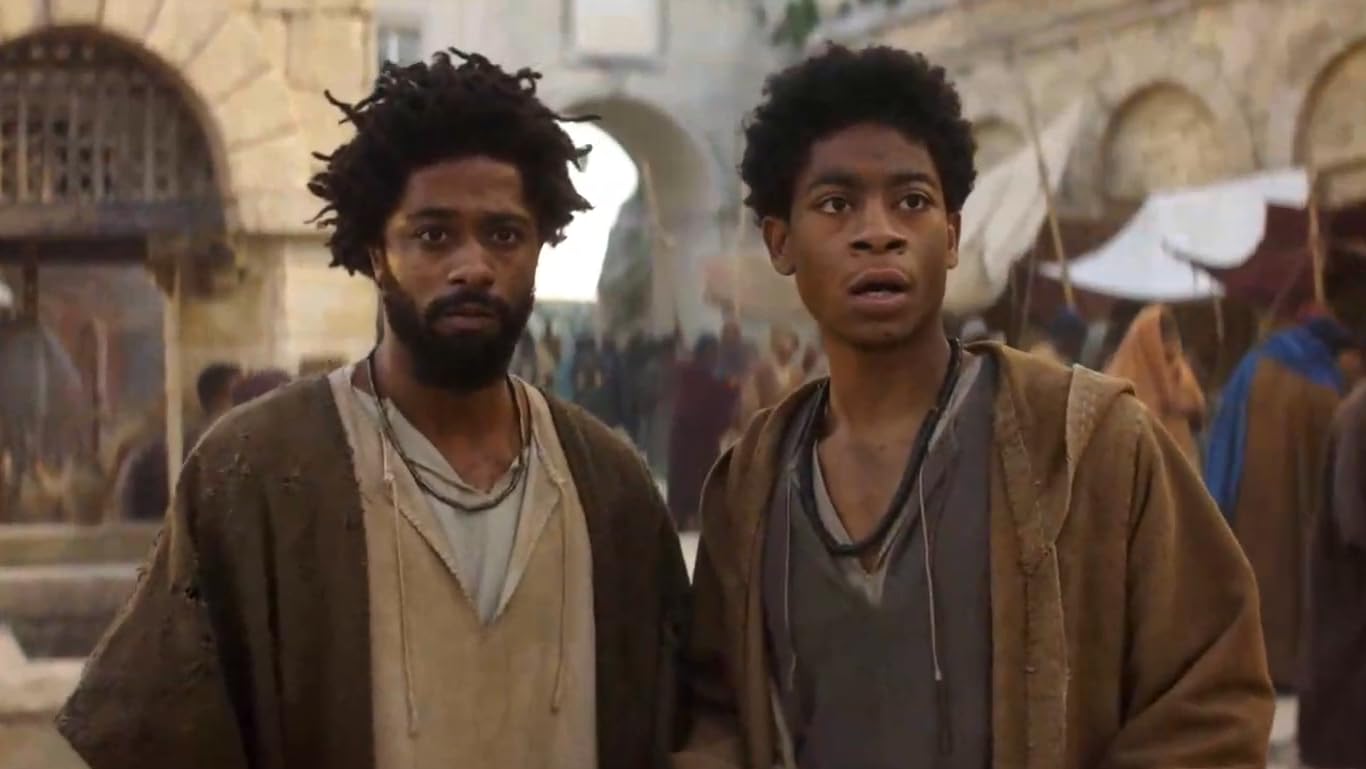
Directed by Jeymes Samuel, The Book of Clarence is a fascinating exploration of faith through the eyes of a man who seems to have no interest in it. With strong performances and a killer soundtrack, Clarence takes its Biblical source material with a wink. Leaning into its irreverent humour and storytelling, Clarence is willing to tap into Scripture and play with it with the enthusiasm of a child mashing together their action figures. It’s satirical, sarcastic and absolutely silly.
It’s also potentially one of the best films about faith ever made.
Samuel clearly wants Clarence to challenge Biblical portrayals in the arts from the past. For example, through his use of soft framing and classical text, the film is meant to evoke feelings of nostalgia for the films of Cecil B. Demille while fearlessly mocking their style along the way. But Samuel doesn’t stop there. By referencing famous paintings and laughing at our depictions of Jesus over the years, he highlights the flaws in the way that we have viewed the ancient world. In other words, with racial issues tainting presentations of the Biblical era over the years, Samuel laughs at the way that we have simply trusted pop culture for our representations of Jesus.
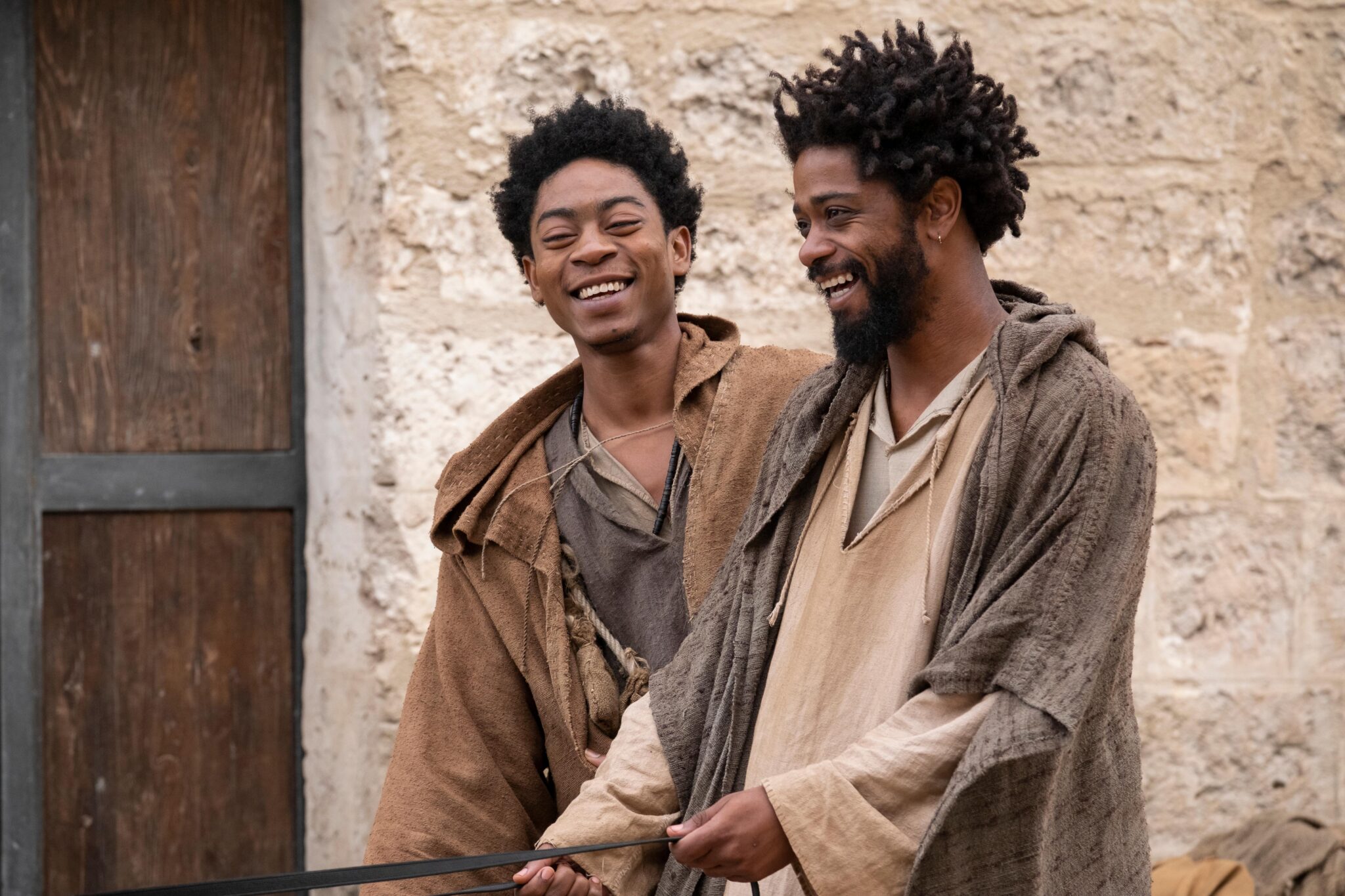
And, in this way, Clarence has never felt more modern. Samuel uses the metaphor of Roman oppression to tap into the real-life problems of the African-American community in the modern day. Each encounter with Roman authorities is simmering with racial undercurrents. (In fact, there’s even a moment that feels like a historical vision of stop-and-frisk) Though set in the 1st Century, Clarence highlights that the ways that the world still hasn’t changed. Even 2000 years ago, humanity was fraught with division, hatred and power-mongering—and Clarence puts that on display.
And it’s this sort of fire that makes Clarence so effective.
Whereas other films dealing with faith feel frozen by fright, Clarence remains fearless. This is a film that is not afraid to take risks. Free to break the chains of tradition, Clarence trusts its unique voice to tell its story in its own way. This is best exemplified through the journey of Clarence himself. (It is his book, after all.) As a man focused on his own personal problems, Clarence simply doesn’t understand how faith can be a practical resource for people. To him, knowledge outweighs belief, and he insists that this philosophy is the true gospel. But Clarence’s perspective is framed by his circumstances. To survive, he needs money, not spiritual advice. As a result, anything that he can’t see or prove simply isn’t worth trusting. (So why not manipulate it for your own gain?
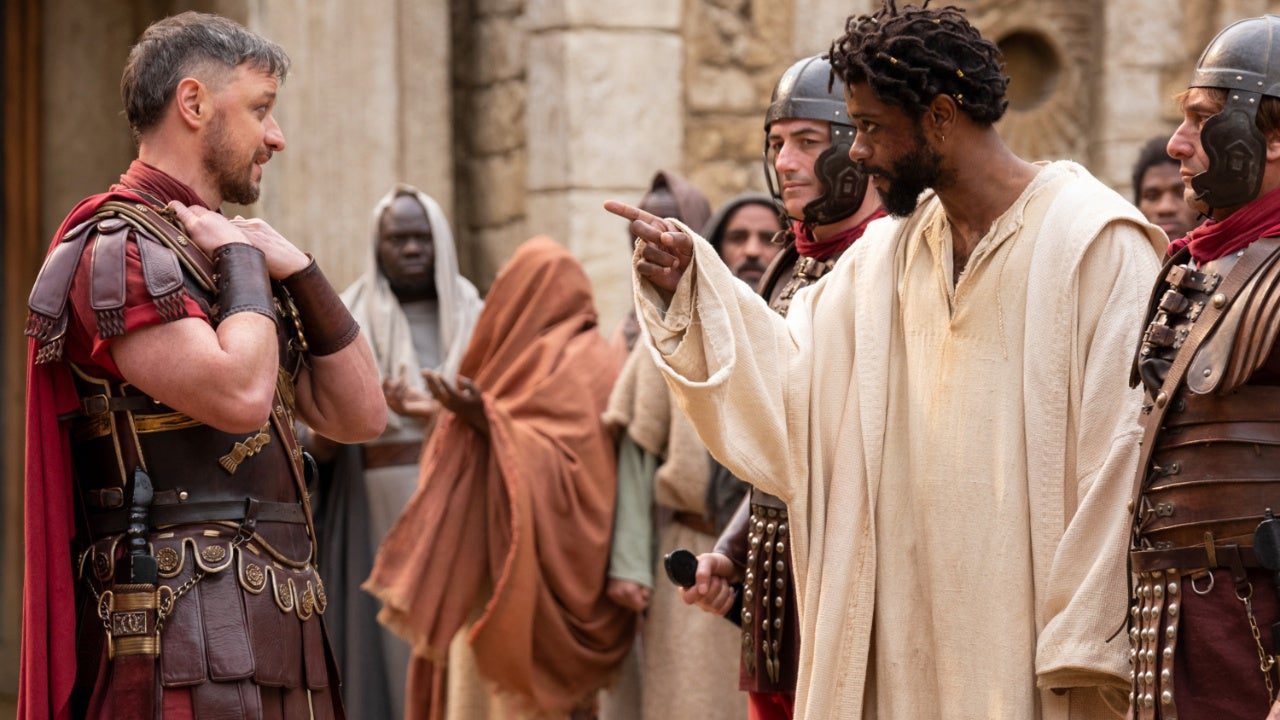
But while Clarence’s personal life is a mess, his spiritual journey is never indicative of the way that Jesus is portrayed. Despite the film’s revisionist tone, Samuel ensures that Jesus remains portrayed with integrity. In this world, he is not the problem. Instead, it’s the way that he is misused and viewed by others in order to gain a foothold over others. As such, Clarence doesn’t seem to wage war in religious belief itself. Instead, it attempts to filter out the toxicity that has been mixed into the religious cocktail made by powerful people.
It remains to be seen how a film like this will be accepted by religious communities. For many who think that stories of faith must play by the rules, the film’s irreverent spirit may be deemed too disrespecting of their beliefs. But they shouldn’t. Quite frankly, The Book of Clarence is a breath of fresh air for modern films that wish to explore ideas of faith. By being willing to break some rules, this Book becomes absolutely worth reading.
The Book of Clarence is available in theatres on Friday, January 12th, 2024.


